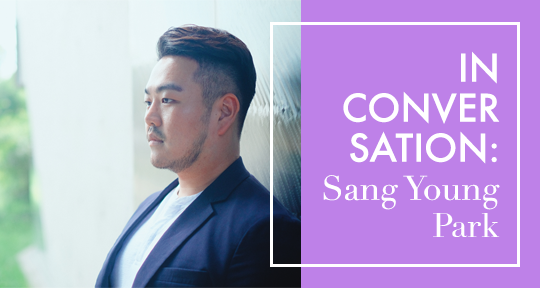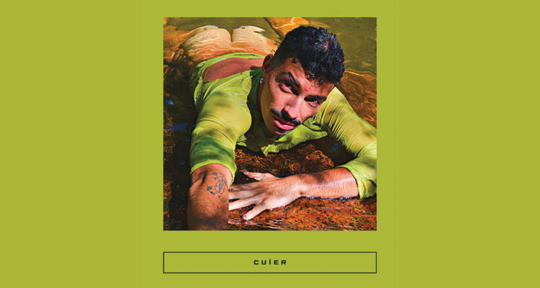I discovered one of my favorite poets—the musician, filmmaker, and diplomat Gaspar Orozco—through Ilana Luna in the pages of Scotland-based Reliquiae: A Journal of Nature, Landscape, and Mythology. In Luna’s lulling translation, Orozco’s El Libro de los Espejismos (The Book of Mirages) meditates on the lacuna between memory and myth, and the interstices between sentience and sleep. In this interview, I asked Luna about, among other things, translating Mexican poet Gaspar Orozco and essayist Carlos Monsiváis, as well as Mexican literature in translation, with small indie presses as their prime movers.
Alton Melvar M Dapanas (AMMD): I love your translation of Gaspar Orozco published at Reliquiae Journal! And you have a forthcoming book of translation from Orozco’s poems under the Corbel Stone Press imprint, Xylem Books. What should Orozco readers like me expect from this new title?
Ilana Luna (IL): In fact, we have several manuscripts we’ve been working on. The first we completed is El libro de los espejismos/The Book of Mirages. It’s quite a marvelous book, with prose poetry as well as formal poetry, haiku, sonnet, octaves. They were the most fun to translate, truth be told; I love the puzzle or game-like challenge that formal limitations pose. Several of these poems appeared in Reliquiae, as well as in the July 2021 issue of Indian publication Poetry at Sangam. The one you mention, with Corbel Stone Press, is what we’re currently working on. It is more of an anthology of Orozco’s work, with a focus on natural phenomena and a mythic tone, taken from across his ten-book corpus. As always, Gaspar’s poetry is full of luminescent landscapes, vignettes, and often, has a mesmerizing, rhythmic quality. I try to capture this in my translations.
AMMD: In his prólogo to Lapidario: Antología del aforismo mexicano (2014), critic-translator Hiram Barrios maps the presence of aforismos en verso (“aphorism taking refuge in the short poem”) within Mexican poetry since the late nineteenth century, naming Gaspar Orozco’s father as a practitioner of this “anomalous” free-verse that “questions the nature of genre.” Do you think Orozco has followed in his father’s footsteps, and how, if so, has that influenced the way you translated his works?
IL: I’m quite sure that Orozco was deeply impacted by his father’s love of literature, and he tells stories of youthful interactions with preeminent Mexican scholars and literati—for example, the infrarealist poet José Vicente Anaya, also from Chihuahua, whose famous poem “Híkuri” is a reference in our “Notas de un cuaderno de híkuri”/ “Notes from a Peyote Journal.” Orozco’s prose poetry has been elegantly analyzed in “‘Image Machine’: Gaspar Orozco’s Book of the Peony and the Prose Poem Sequence as Perceptual Trick,” Helen Tookey’s chapter of Prose Poetry in Theory and Practice (Routledge, 2022). As for how this paternal influence has impacted my translation, I’d have to say not very much—or at least not directly. I know I can’t be alone in this, but when I translate, my approach is much more of an interpretation, in the musical sense; it is a jazz riff, it is a feeling, it is something like a cover. It is always a direct interface between me and the poem, nothing else. As sheer as that, it is an immersion and a remaking, a new thing unto itself.




